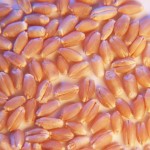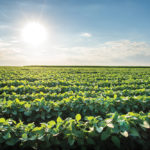
Features

Interest in falling numbers on the rise
Wheat buyers want the numbers; the AWC wants falling numbers in grading systems

94 is out there — don’t settle for average
Agronomics, fertility and overall nutrition can raise field pea yields as high as 94 bushels per acre

Expert concerned about low phos levels
Stu Brandt is concerned about low phosphorus levels in Saskatchewan soils
On-farm 3D printing still a pipedream
Ag Technology: So far, the plastic parts that can be printed are only short-term farm solutions

Equipment sharing is on the rise
From community spirit to a corporate platform: farmers have many ways to share

VIDEO: Canada’s Agriculture Day Celebration in Ottawa

How to enrol your farm workers in WCB
Farm Management: Now that you want to sign your farm up for Workers Comp, here’s the “how to”
Why should you enrol your farm in WCB?
Farm Management: Even when it’s not mandatory, there are good reasons to enrol in Workers Comp

The economic value of growing cover crops
Not all of the economic benefits of cover crops can be measured easily, but it’s worth a try

Studying the whole ecosystem
Matthew Mitchell’s research looks at how soybeans are affected by nearby forests


